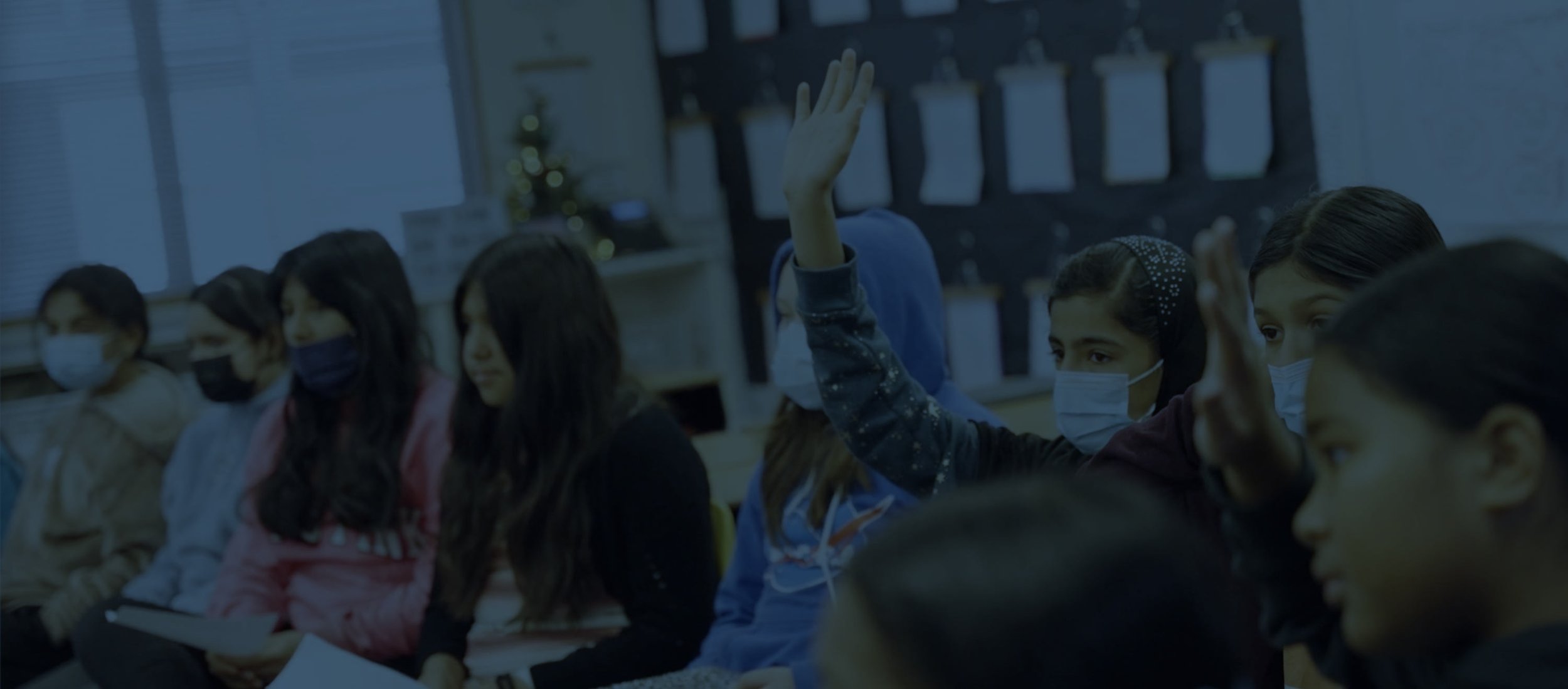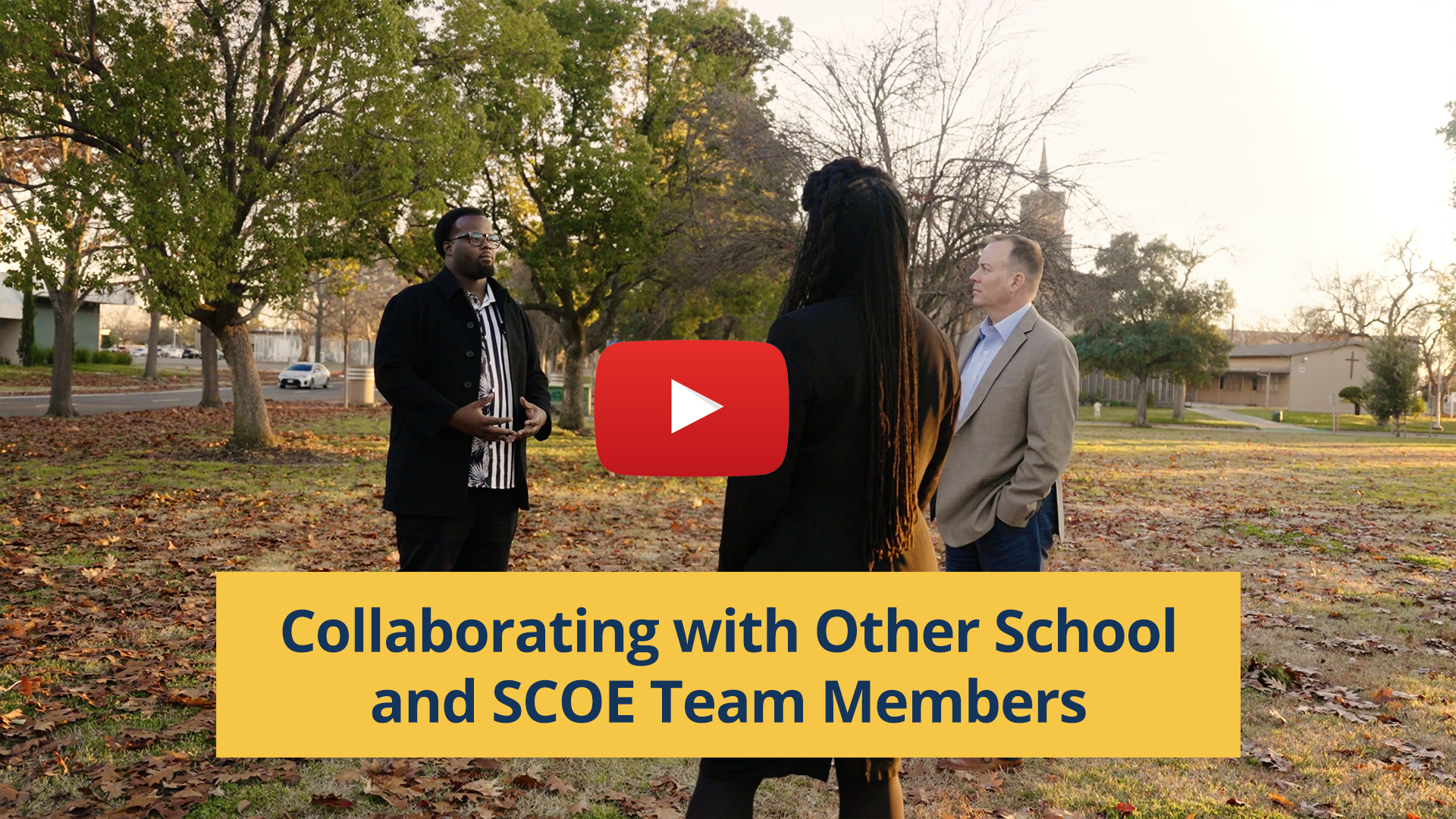
Clinician Role
Phase 2: Weeks 7-12 at School Site
Training Resource Home > Clinician I > Phase 2: Weeks 7-12 at School Site
Phase Overview
During this training phase, Clinicians will focus on deepening integration into the school culture to support the development of schools as centers of wellness, while also enhancing their understanding of their roles and responsibilities in this context. They will address personal biases within the DEIB framework, ascertain their role in the school team, participate in multidisciplinary meetings, and work toward achieving 20 billable encounters weekly with proper documentation.
Phase Goals/Objections
Continue integration into school culture and develop school relationships as needed to support development of school as a center of wellness
Further develop understanding of clinician role and responsibilities in supporting development of school as a center of wellness
Acknowledge personal internal biases as related to the DEIB framework and how it may impact work
Share understanding of role within specific school team
Participate in multidisciplinary meetings, integrating COST principles and use of universal referral process into school site process
Register clients referred from universal referral process
Complete 20 billable encounters weekly with timely documentation
Meet supervision/consultation requirements according to licensing status
Continue Integration into School Culture and Development of Relationships
To foster a sense of belonging and unity, it is vital to continue integrating into the school culture and developing meaningful relationships. This involves actively engaging with students, staff, parents, and promoting a collaborative environment.
-
• Communicate with school stakeholders to determine communication/support frequency using Communication Survey
Role Development
Commit to continuing to enhance personal understanding of the Clinician's pivotal role in transforming schools into centers of wellness, emphasizing holistic student and community health. Regularly reflect and address your own internal biases within the frameworks of diversity, equity, inclusion, and belonging (DEIB).
-
• Continue to develop understanding of clinician’s role in transforming Schools as Centers of Wellness
• Acknowledge and understand internal biases as related to the DEIB framework
Meeting Participation
Understand the importance of actively participating in various multidisciplinary school meetings, such as COST, MTSS, and IEPs, to ensure comprehensive student support. Learn the necessity of communicating schedules and pertinent information to coordinators and Clinician II’s to identify and address additional support needs.
-
• Participate in pertinent multidisciplinary meetings held by school (COST, MTSS, PBIS, staff meetings, IEPs, 504s, SST, etc.)
• Communicate meeting frequency/schedule and other pertinent information to coordinator and clinician II to identify additional support needed
• Ensure all documentation is completed and referral list is updated
• Attend and collaborate in regional team meetings, SBMHW team meetings, professional development and training; supervision/consultation, and events within my school community
Integrate Calendars
Learn the importance of adding school site events to the SCOE calendar to ensure proper scheduling and organization throughout the school year. Develop a work plan for calendar conflicts to minimize scheduling confusion. Regularly review and update the calendar to ensure smooth communication among all stakeholders.
-
• Add school site events for school year to SCOE outlook calendar
• Address discrepancies between school calendar and SCOE calendar with Coordinator, and develop work plan for calendar conflicts

Engage in Co-creating Action Plan
Understand the necessity of collaborating with the Coordinator and Clinician II to develop a comprehensive action plan. This collaboration aims to create a strategic approach for addressing various needs and goals within the school setting. Implementing this process emphasizes teamwork and coordinated efforts to ensure effective implementation and positive outcomes.
-
• Collaborate with coordinator and clinician II to develop an action plan
Complete Billable Encounters and Documentation
Continue providing person-centered support to students utilizing clinical creativity with a goal of achieving 20 billable encounters weekly by the end of Week 12. Understand the importance of achieving target billable encounters weekly to meet organizational goals for program sustainability, while also ensuring that students receive consistent and quality care.
-
• Achieve 20 billable encounters weekly throughout phase
• Submit timely documentation for each billable encounter
○ Associate Clinicians: Complete general documentation within 72 hours of encounter and crisis documentation within 24 hours of encounter
○ Licensed Clinicians: Complete all documentation within 24 hours of encounter
• Ensure referral tracker is updated
Engage in Supervision or Consultation
Understand the requirements for Associate Clinicians seeking licensure through the Board of Behavioral Sciences (BBS), which include collaborating with their clinical supervisor to complete the BBS Supervision Agreement, and maintaining BBS weekly logs. Understand the requirement for Licensed Clinicians to continue investing in professional growth by attending clinical consultations.
-
For Associate Clinicians seeking licensure through the Board of Behavioral Sciences (BBS):
• Maintain completion of BBS weekly logs, and submit to clinician II at least monthly for review and signatures
• Attend and participate in group supervision weekly
• Attend and participate in individual supervision weekly
For Licensed Clinicians:
• Attend clinical consultation once per month (consultation offered twice per month)





